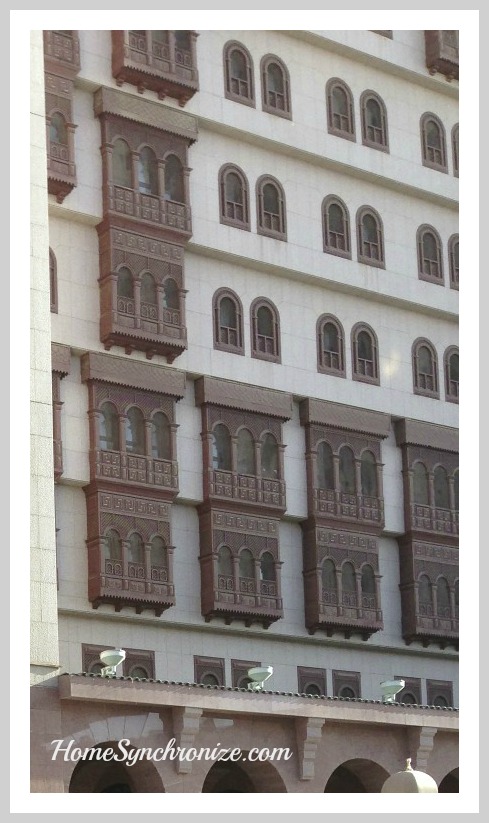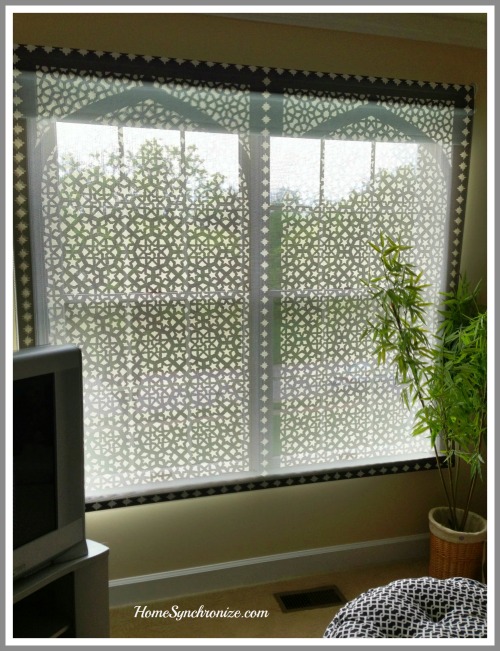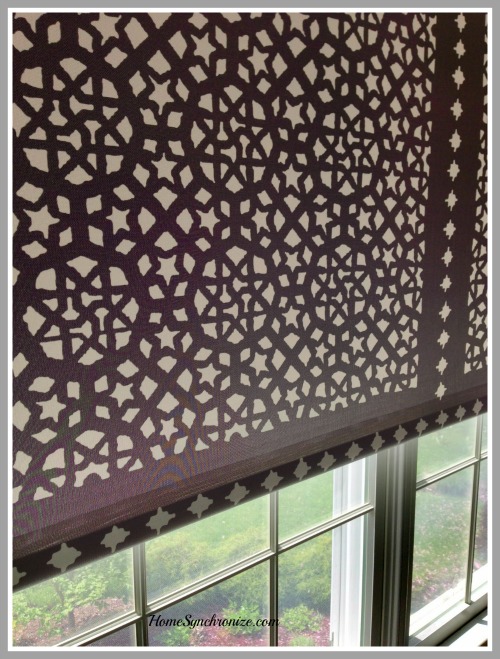Islamic Style Window Screens
I mentioned in my introductory post, Exploring Islamic Interior design that privacy is particularly important in Islam. Hence, Muslim architects designed homes to provide privacy while preserving the comfort of home. And so, latticed window screens became a features of Islamic architecture that provide privacy, climate control, and of course, aesthetics.
Source: flickr.com via Lama on Pinterest
A Jali is a term often used to describe a window lattice, usually with intricate geometric designs . Here, Divia Amin describes the materials used in making Jalis.
Earlier jali work was performed by carving into stone, later it was used more elegantly by the Mughal employed the technique of inlay, using marble and semi-precious stones. Gradually, various materials like ceramic, bricks, marble, limestone, wood, bamboo, etc.,were also used to create these Jali patterns and each material has its own beauty.
Source: islamandart.tumblr.com via Lama on Pinterest
You might also have heard of Mashrabiya. This refers to a window that projects outwards and is enclosed with lattice screens. I saw some of these during my trip to Umra.
Both Jali, and Mashrabiya were used to filter sunlight and provide a cool, private interior.
Today, Islamic style window screens are not only used for windows, they are applied to doors, cabinets, and room dividers.
Source: Uploaded by user via Lama on Pinterest
Source: katehume.com via Lama on Pinterest
Source: thatbohemiangirl.tumblr.com via Lama on Pinterest
Source: Uploaded by user via Lama on Pinterest
Don’t you just love the patterns on Jali screens?
It’s probably impossible to replicate a stone lattice window screen such as this one in today’s homes,
Source: metmuseum.org via Lama on Pinterest
But, thanks to modern technology and businesses like Delia shades, I am able to have that look in my home ! I bought this Moorish inspired window shade from Delia shades a while back. It does not create beautiful patterns of light and shade like an actual carved screen would, but it filters sunlight and provides privacy. Good enough for now! 











